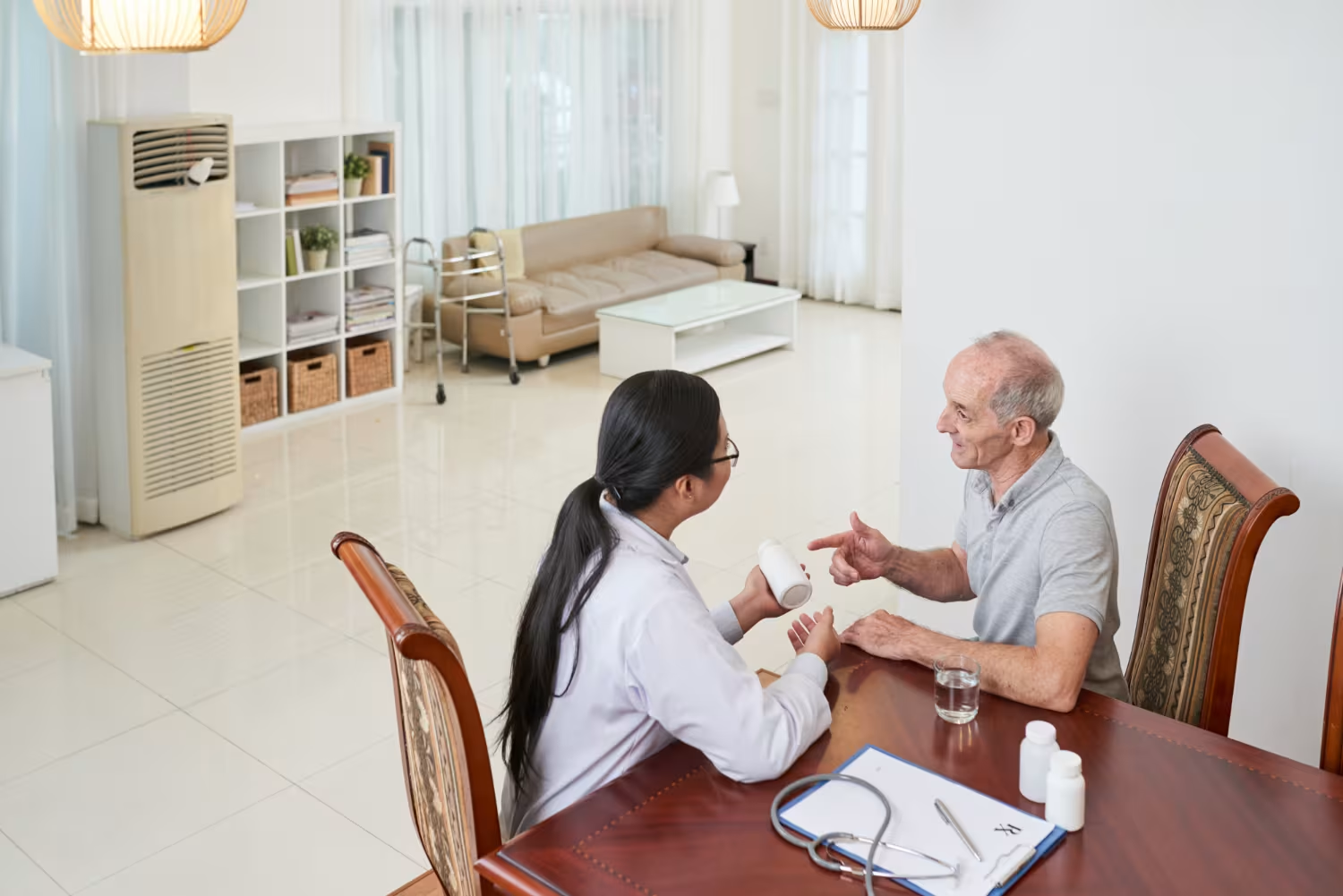
Travelling to China for work, study, or long-term stay often requires more than just a valid visa; you may need to undergo a comprehensive medical examination as part of the visa application process. Here, we break down everything you need to know about visa medicals for China, including the tests required, why they are necessary, when to schedule your appointment, and who needs them. Plus, learn about the benefits of our onsite X-ray machine that ensures a seamless appointment without the need for a second visit.
A typical visa medical examination for China includes a variety of tests to ensure that you are in good health and free from certain infectious diseases. The standard tests usually required are:
The Chinese government mandates these medical exams to ensure the health and safety of its population and to prevent the spread of contagious diseases. These tests help identify any health issues that could pose a risk to public health or require medical attention during your stay in China.
It's crucial to plan ahead when scheduling your visa medical examination. We recommend booking your appointment at least two weeks before your planned departure date. This timeframe allows sufficient time for the completion of tests, the return of results, and the processing of your visa application. Keep in mind that some tests may take a few days to process, and any follow-up appointments could extend the timeframe.
Visa medicals are typically required for individuals applying for long-term visas, such as work visas (Z visa), student visas (X visa), and residence permits. However, the exact requirements can vary depending on your visa type, age, health status, and the Chinese consulate or embassy's specific guidelines. Always check the specific requirements for your visa category.
One of the key advantages of choosing our clinic for your visa medical is our onsite X-ray machine. This means you can complete your chest X-ray during the same appointment as your other tests, without the need for a second visit. This not only saves time but also simplifies the process, ensuring a smoother and more efficient experience.
Navigating the requirements for a visa medical for China can seem daunting, but with proper planning and the right medical provider, it can be a straightforward process. By understanding what tests are needed, why they are required, and scheduling your appointment well in advance, you can ensure a stress-free experience, helping you get one step closer to your journey to China.
For more information or to schedule your visa medical examination click here.





